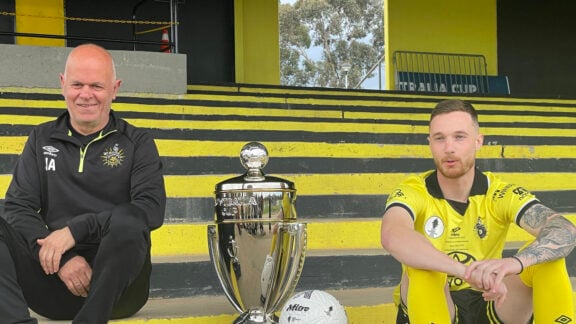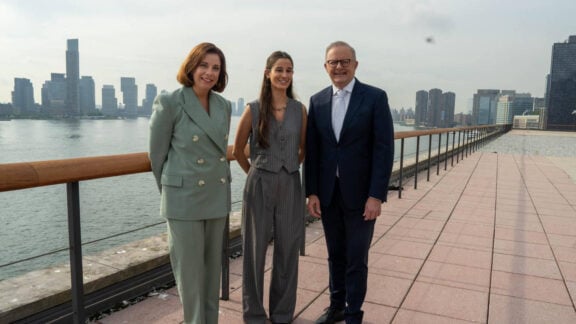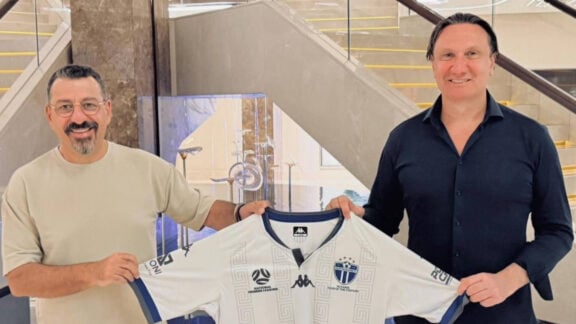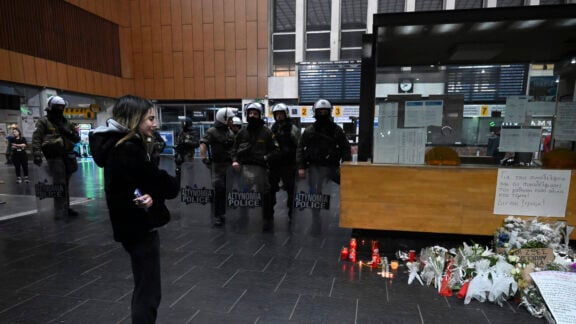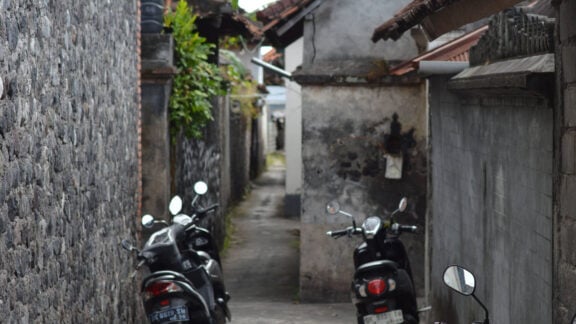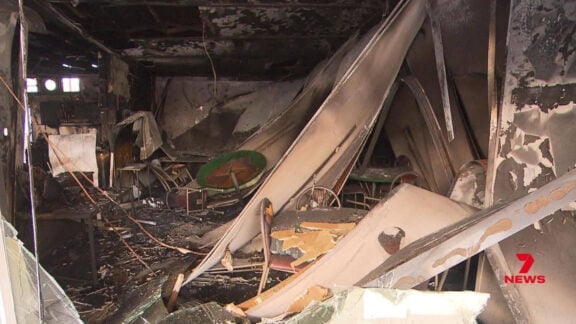A community effort has been planned to support the Modern Greek Department at the University of Sydney in the form of a fundraiser lunch, putting extra focus on the attempt to help the study of Modern Greek at tertiary level.
The event has been organised by the Lambrakis Youth Association and comes at a crucial moment in time, with the current fate of Modern Greek Studies at Macquarie University putting the topic of preserving these departments at tertiary level back in the limelight.
The event will be held this Sunday November 5 at the Greek Orthodox Community Club in Lakemba, running from 12-4 pm, and will feature an address by Associate Professor Anthony Dracopoulos as well as a music performance by Eleni Elefterias and co.
Dr Dracopoulos, who is the current acting Chair of the Modern Greek and Byzantine Studies Department, stated the event is an initiative aimed at establishing a scholarship in the name of the late Peter Samartzis, the co-founder of the Lambrakis Youth Association.
The academic noted the significance of such events as a means of helping raise the funds of the department.
“Modern Greek obviously needs financial support, not only in Sydney but across all of Australia, and this is something all us academics that work in modern Greek disciplines have been stressing for more than 20 years now,” Dr Dracopoulos told Neos Kosmos.
He went on to stress the importance of having Modern Greek studies at tertiary level as a way of achieving two major things: making students qualified to teach the language at afternoon/high school level and evaluating/researching our understanding of Modern Greek culture.
“Modern Greece participates in the cultural production of the West in the here and now. We have great poets, great musicians, great cinema. We need to study that at the high level so that we can enhance our understanding of what it is to participate in Greek culture,” he said.
Dr Dracopoulos affirmed that study and research at tertiary level allows for a deeper investigation and analysis into various aspects of our culture that goes well beyond the everyday experiences of holding cultural events, commemorating national days, attending church etc.
“There is something more to Greek culture and this something more is what the universities are here to help the community as well as people from the wider community appreciate and understand,” the acting Modern Greek Department Chair told Neos Kosmos.
In this vein, the academic made the point that the question should not be raised as to why we should have Modern Greek at universities, but rather how we can preserve them.
This point is the bigger concern with universities increasingly becoming more corporate and not valuing smaller fields of study as they do not draw as much money.
“We live in a world of measurability, and this is always associated with money. Small departments and disciplines are always threatened within this environment,” Dr Dracopoulos said.

The academic cited the recent situation at Macquarie University as evidence of the risk that exists against Modern Greek at tertiary level.
“It demonstrates that if we do not secure financially the departments, they will disappear,” he said.
Dr Dracopoulos raised a further point that Modern Greek does not engage enough of the ‘right’ type of students, those being the overseas students who bring in greater revenue for the universities.
“We do have a few Chinese students currently in our beginners’ group and they can be very good students, but the university would prefer to have three quarters of our students be from overseas to raise the funds that make their business thrive,” the acting Modern Greek Department Chair said.
This is why, in his view, Modern Greek Departments must find a way to become financially self-sufficient, noting this initiative as a positive event aimed at this idea (even if small and short-term).
He gave examples of this working across the world, namely the departments at Harvard University, King’s College in London and the University of Michigan which have been successfully financed independently from the institutions themselves.
“If we have enough money behind the sport of Modern Greek, it will survive even with small numbers,” Dr Dracopoulos said, adding that small departments can sometimes be more beneficial in terms of offering a better service to students as they have more time to give them.
The academic reiterated that initiatives such as this help open the discussion on the real problems facing Modern Greek at university level.
“Initiatives such as this continue to put the real issue of Modern Greek studies on the table, making it part of the agenda of contemporary discussions. Hopefully, if we continue to do that, we will be able to find a long-term solution for the discipline,” he said.
“I dread this image of no Modern Greek studies in Australia. This is the absolute worst-case scenario that we must avoid.”
Tickets to the event are being sold at $50 a head, with any bookings to be made to Eleni Sinodinos at 0424 456 323.


